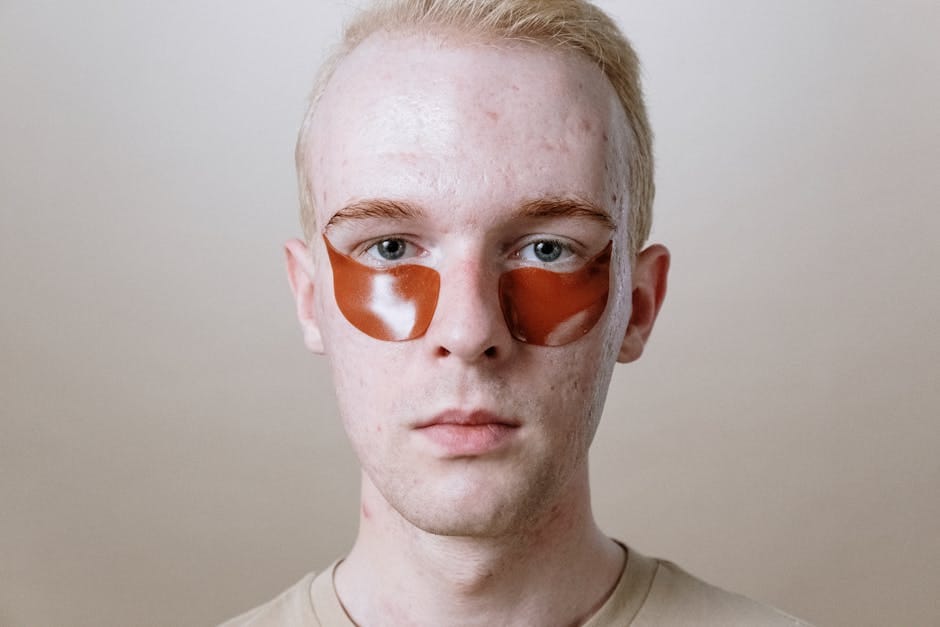Acne, a common skin condition, affects millions of people worldwide. It can range from mild whiteheads and blackheads to severe cystic acne, impacting self-esteem and confidence. Fortunately, various treatments are available to help manage and clear acne, but navigating the options can be overwhelming. This guide will help you understand the different types of acne treatments and choose the best one for your specific needs.
Understanding the cause of acne is the first step in finding the right treatment. Acne develops when hair follicles become clogged with oil, dead skin cells, and bacteria. Factors like hormonal changes, genetics, and certain medications can contribute to acne development. Identifying your acne type, whether it's mild, moderate, or severe, is also crucial in determining the appropriate treatment approach.
Over-the-counter (OTC) treatments are often the first line of defense against mild acne. These products typically contain ingredients like benzoyl peroxide or salicylic acid. Benzoyl peroxide kills acne-causing bacteria and helps unclog pores, while salicylic acid exfoliates the skin and removes dead skin cells. OTC treatments are available in various forms, such as cleansers, creams, gels, and spot treatments.
For moderate to severe acne, a dermatologist may recommend prescription-strength medications. Topical retinoids, derived from vitamin A, are commonly prescribed to increase skin cell turnover and prevent clogged pores. Antibiotics, either topical or oral, can help reduce inflammation and kill bacteria. Oral contraceptives may be an option for women with hormonally influenced acne.
Isotretinoin, an oral retinoid, is a powerful medication reserved for severe cystic acne that hasn't responded to other treatments. While highly effective, isotretinoin can have significant side effects and requires close monitoring by a dermatologist. It's important to discuss the potential risks and benefits with your doctor before starting this medication.
In addition to medical treatments, certain lifestyle changes can support clear skin. Maintaining a consistent skincare routine with gentle cleansing and moisturizing is essential. Avoiding harsh scrubbing or picking at acne can prevent further inflammation and scarring. A healthy diet and regular exercise can also contribute to overall skin health.
Several in-office procedures can complement topical and oral acne treatments. Chemical peels use solutions to exfoliate the skin and improve acne scars. Light and laser therapies target acne-causing bacteria and reduce inflammation. Extractions, performed by a dermatologist, can safely remove stubborn blackheads and whiteheads.
Choosing the right acne treatment requires patience and persistence. What works for one person may not work for another. It's important to consult with a dermatologist to determine the best course of action for your individual skin type and acne severity. They can help you navigate the various treatment options and develop a personalized plan to achieve clear, healthy skin.

